Tel
+86 536 4736888Shandong Shengbao Composite material Technology Co., LTD
Consulting equipment: +86-15253666812
After-sales phone: +86-0536-4736888
Email: sbfrp@126.com
Address: West of Jinshan Street, Xinan Street, Anqiu City, Weifang City, Shandong Province
Years of industry experience precipitation, cast mature technology, excellent reputation and reputation.
Fine technology, smooth production and processing configuration, quality over time.
Shuttle to visit the factory
One-to-one after-sales service
Inspect the production site nearby
60 seconds manual response
30 minutes to give a technical reply
24 hours free customization program
Fiberglass anticorrosion, also known as fiberglass reinforced plastic (FRP) anticorrosion, is a technology that provides protection against corrosion through the use of fiberglass reinforced polymer resins. This protective layer has excellent physical and chemical properties, and can effectively resist the impact of corrosive substances such as acids, alkalis, salts, and solvents, thereby extending the service life of the facility and reducing maintenance costs. On the basis of the anticorrosion of FRP, the double effect of anticorrosion and insulation can be realized by adding insulation material layer. This technology is particularly suitable for scenarios where corrosion protection and insulation requirements need to be considered at the same time, such as chemical pipelines, storage tanks, and Marine engineering facilities.
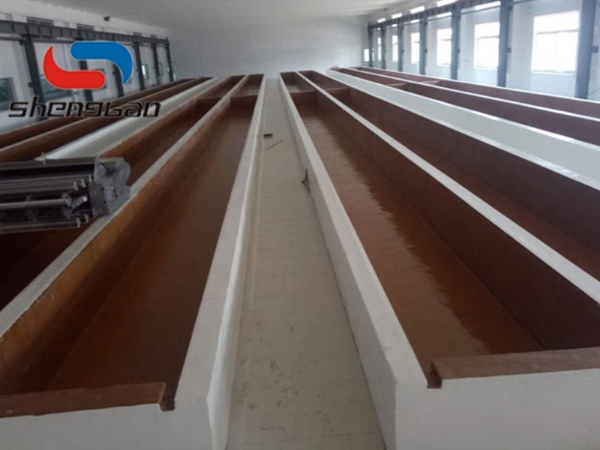 Strong resistance to corrosion and impact
Strong resistance to corrosion and impact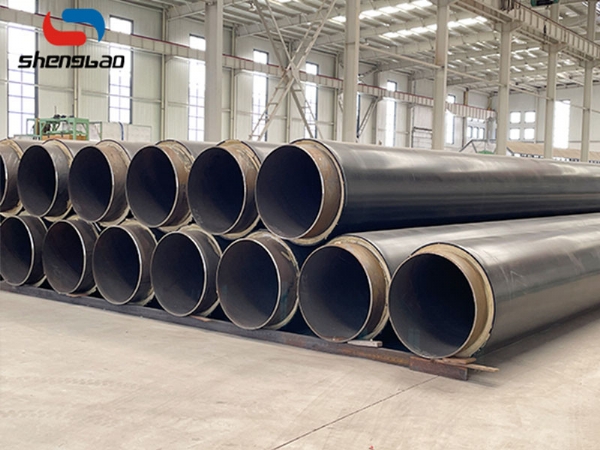 Professional installation team quality assurance
Professional installation team quality assurance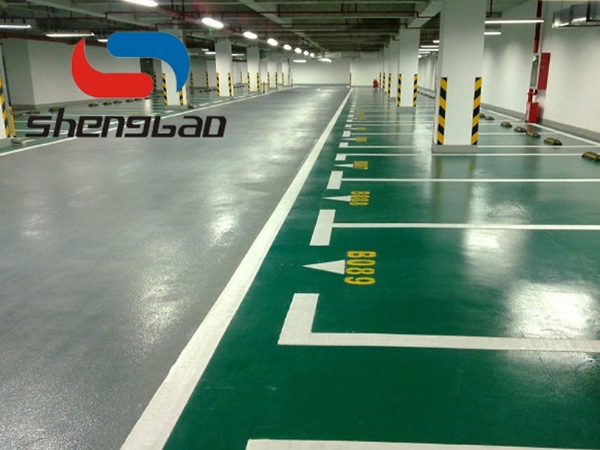 Stable operation after-sales service
Stable operation after-sales service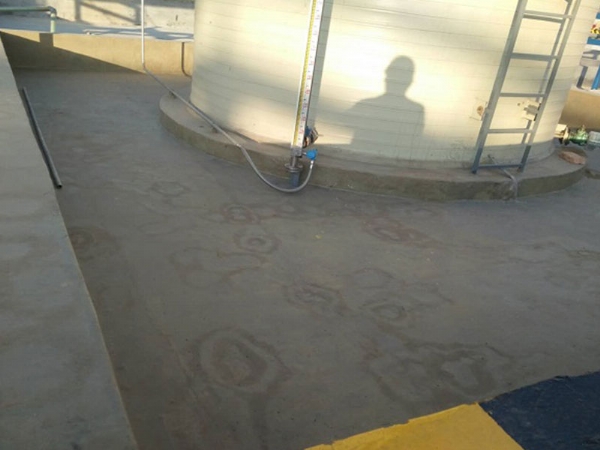 Strength manufacturers continue to improve
Strength manufacturers continue to improve It has more than 30 sets of thermal insulation product molds, which can meet the requirements of customers for thermal insulation production of various types of reactors and storage tanks. The thermal insulation shell adopts spray equipment and Ashland color paste imported from the United States, and adds anti-aging agent in the gelcoat, which increases its service life by 2 times, reaching the advanced level of similar products at home and abroad.
With 10 anti-corrosion, insulation installation team, more than 60 people, to provide customers with construction and after-sales service.
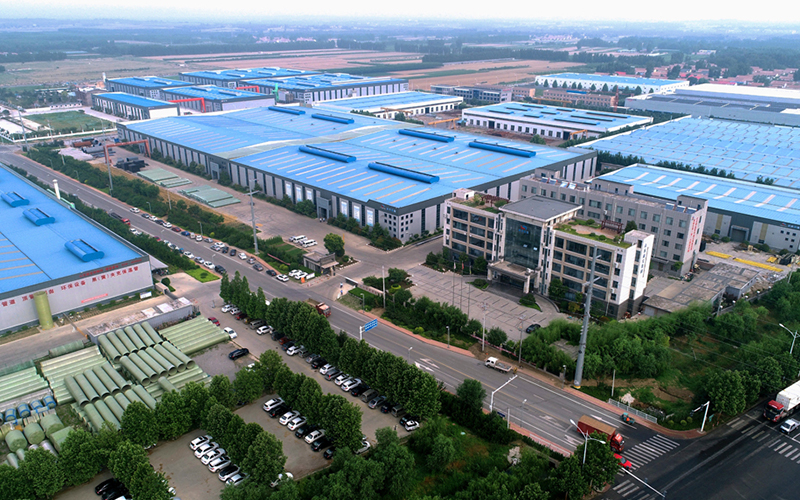
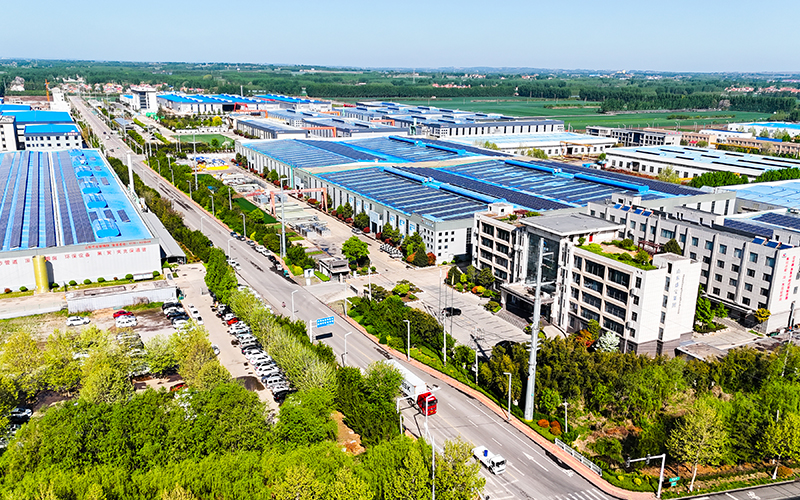
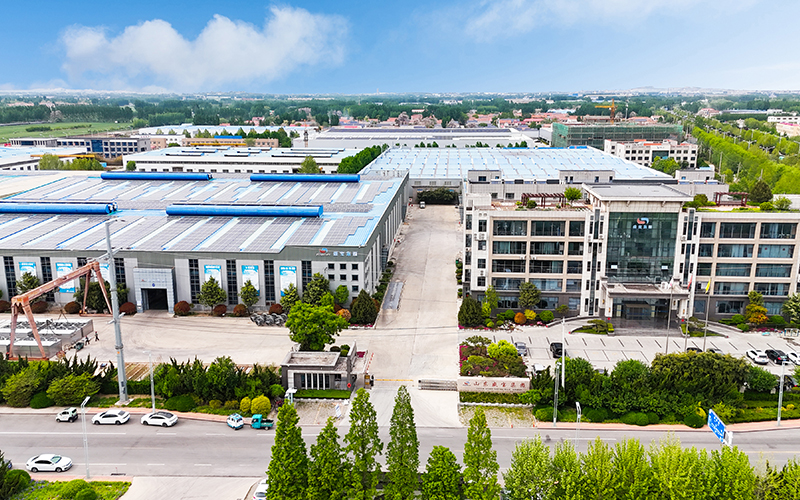
In environmental protection projects such as sewage treatment and waste gas treatment, FRP materials can be used to make reaction tanks, sedimentation tanks, absorption towers and other equipment, while adding thermal insulation layer to improve the thermal insulation performance of the equipment.
In the Marine environment, metal materials are vulnerable to seawater erosion and corrosion, while fiberglass materials can resist the erosion of seawater. At the same time, by adding a thermal insulation layer, the internal temperature of the equipment can be kept stable and the service life can be extended.
In the field of construction, FRP materials can be used to make roofs, walls, partitions and other components, while adding thermal insulation layer to improve the thermal insulation performance of the building.
